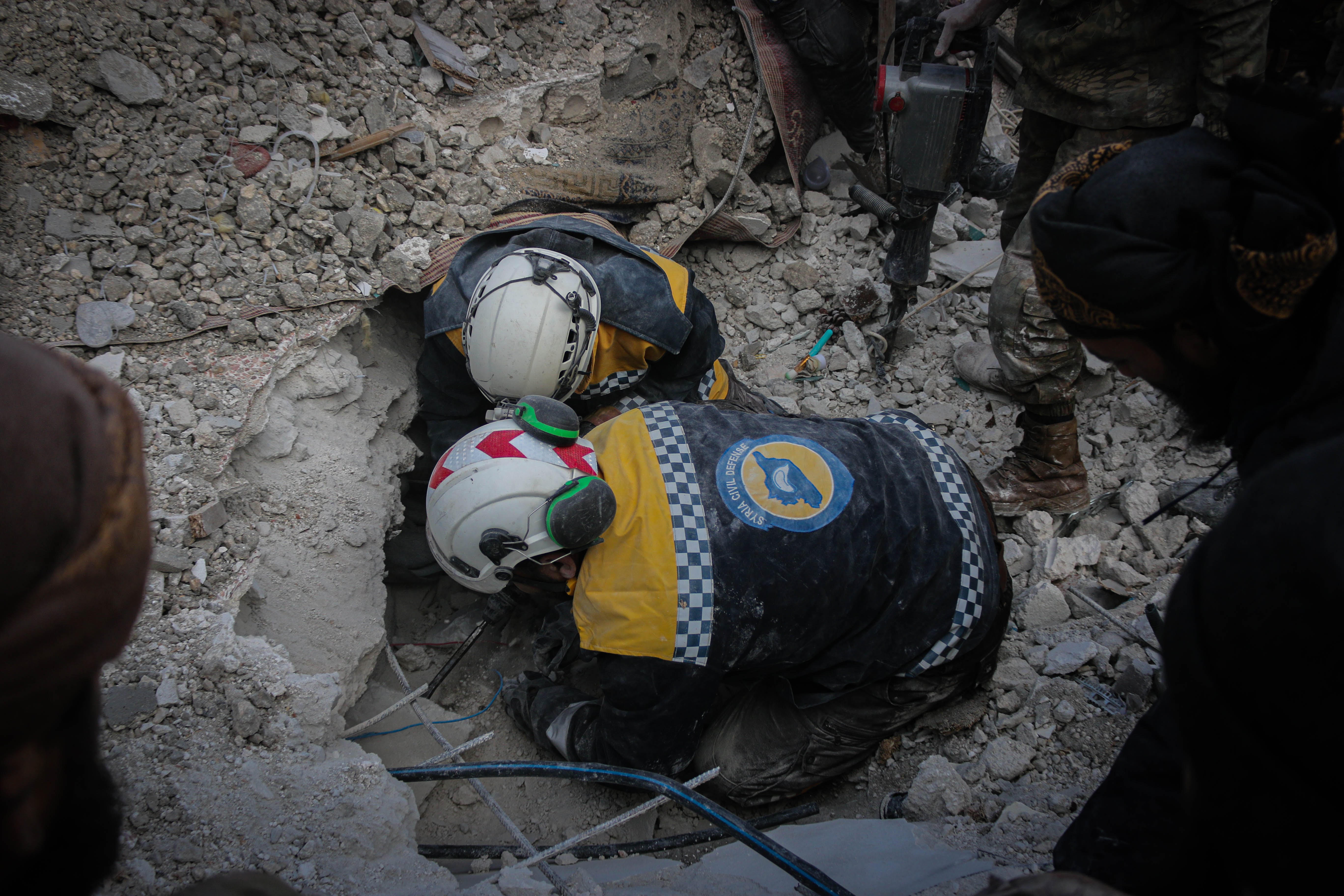The World Humanitarian Summit called on actors in the humanitarian system to critically appraise their relevance.
Think tanks, humanitarian commentators and consultants had a field day. We were given carte blanche to critique, analyse and pontificate about what other humanitarian actors were doing well or badly; how relevant or irrelevant they were. But as part of all this analysis there was little time or inclination to turn the focus on ourselves. Post-WHS we have time. And so, as humanitarian consultants, thinkers and analysts do we help to solve the challenges we so readily identify?
One of the challenges articulated at the World Humanitarian Summit was localisation – the challenge of supporting local actors and institutions to own and lead humanitarian responses in their own countries and regions. It seems both an obvious and simple idea but if we really follow through on the thinking it will truly shake the foundations of the humanitarian system as we know it. In recent travel to Vanuatu to undertake an evaluation of the response to Cyclone Pam I began to understand first hand the implications of this idea. It reaches into the way we finance humanitarian responses; the way we bring in technical support; the approach to needs assessments and evaluations; the way we understand our role to uphold humanitarian principles; and yes – the way we provide consulting services in the humanitarian space.
As a humanitarian consultant I could be forgiven for putting responsibility for localisation firmly in the realm of implementers, but I think we need to take a closer look. In the course of our work – varied and interesting – we are required to provide advice and support on issues and contexts much closer to others’ hearts than our own. We often need to fly into country contexts with which we are unfamiliar and quickly summarise a situation much better understood by minds other than our own. And so what role can, and should, we play to ensure that the humanitarian thinking and consulting world supports local actors and institutions?
- Using national consultants
As a starting point we need to ask ourselves: “How much effort do we put in to supporting and working with national consultants?” There are a number of nationally-based consulting companies and individuals such as TNC Pacific and Hametin in Timor-Leste, not to mention the individual national consultants that are available. The value of working with in-country consultants was reinforced for me during the evaluation in Vanuatu as the team national consultant added enormous value to our work. She provided important contextual information and her knowledge of the relevant stakeholders ensured that we spoke to the right people and gained a balanced perspective on the response to Cyclone Pam. It seems that working alongside a national consultant should be best practice for consultants; donors should increasingly be making it a requirement.

Men fishing near Suva.
- Making capacity building a measurable outcome of consulting work
Donors have a vested interest in building the capacity of national consultants. All humanitarian actors should aspire to being redundant; and in an ideal world consultants based in the developed world should be set aside for their national counterparts. This is something we should embrace; be part of making a reality. Part of this journey is taking every opportunity to build the capacity of national consultants. This includes involving national partners in developing ‘expression of interest’ documents; having them on interview panels (both as interviewers and interviewees); making capacity building of a national counterpart part of terms of reference in negotiation with donors; and supporting opportunities for professional development and exchange.
- Building the Network
In order to achieve these first and second steps we have to know who is available; what capacities they have; and figure out how we can work together. It would be ideal to have regional networks of national consultants who can be contacted by external consultants working in the region. Humanitarian Advisory Group is keen to support the development of this network, in the Pacific as a starting point. As a social enterprise that strives to connect people and ideas in the region on humanitarian issues we’d welcome the possibility to provide contacts, professional support and mentoring services. So maybe the time has come to get the network going and provide real opportunities for engagement and work for national consultants that goes beyond lip service and good intentions.
Photos: Michaela Luzzi






